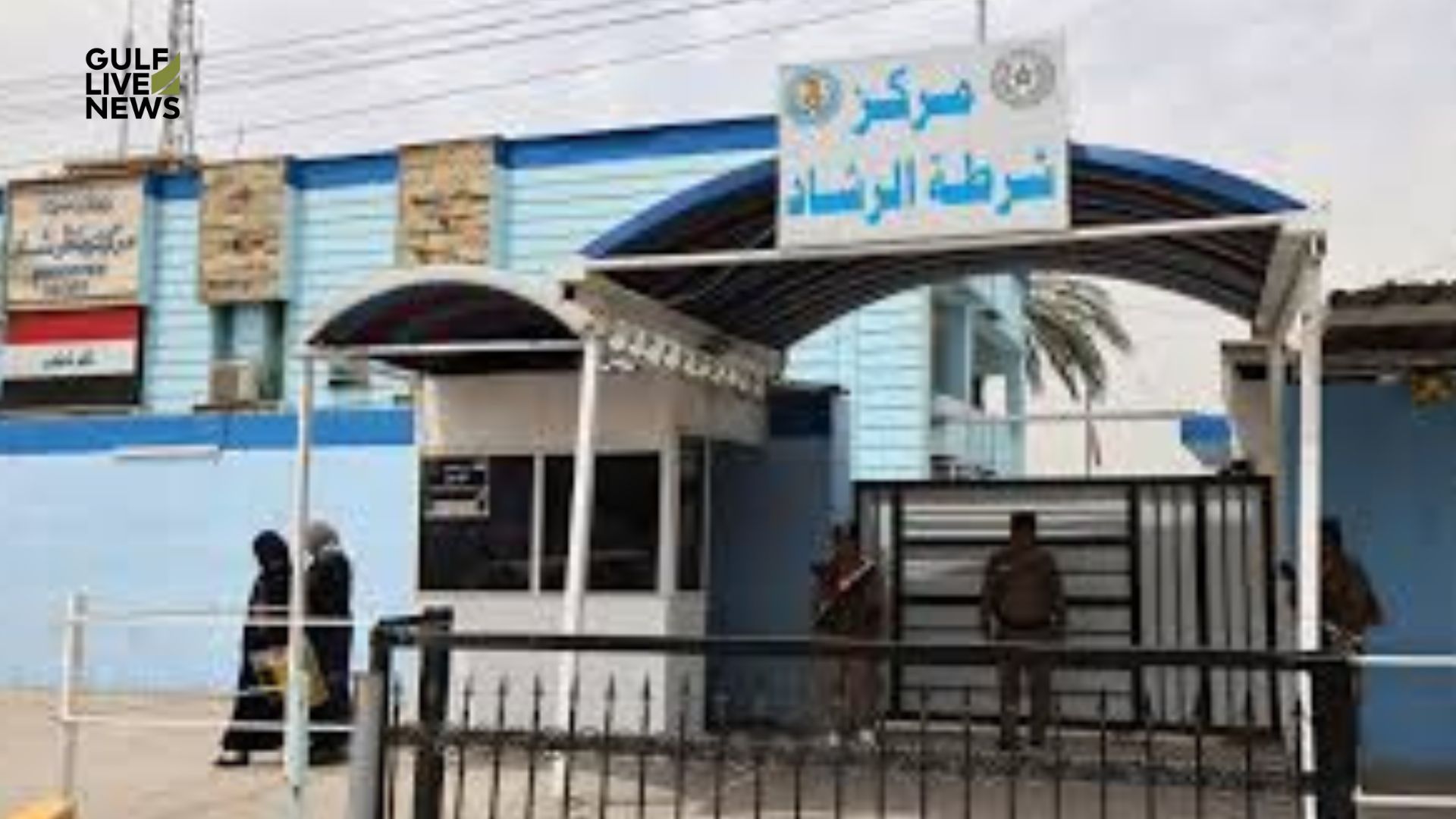In Basra, Iraq, Agnes*, a 27-yr-vintage Nigerian home employee, endures unattainable suffering. Her ordeal started in March while her organization raped her at gunpoint. The attack left her pregnant, and she or he was later pressured right into a painful abortion. due to the fact then, intense abdominal ache has constrained her to a recruitment organization’s hostel, unable to seek hospital therapy. “I simply want to go domestic and treat myself, but i will’t,” Agnes said. no matter six months of unpaid work, the organization refuses to ship her again to Nigeria, insisting she complete her -12 months agreement.
Agnes’s plight is emblematic of a larger community of human trafficking and exploitation. hundreds of African women are lured into home servitude in Iraq beneath false pretenses, falling sufferer to what activists call “current slavery.”
An internet of Deception
In Nigeria, ladies are focused with the aid of neighborhood sellers who promise moneymaking jobs overseas. those sellers charge them fees—Agnes paid $sixty four—and send them to recruitment firms in Iraq for commissions of as much as $500 in step with female. Upon arrival, the fact is grim. girls sign contracts binding them to work up to twenty hours daily for meager pay of $2 hundred to $250 a month.
Many, like Agnes, undergo abuse starting from starvation and beatings to sexual violence. some are locked up without food for days as punishment. Others have died below suspicious situations. The contracts, activists say, flagrantly violate international hard work legal guidelines, presenting no hospital therapy or humane working situations.
“They tell those girls, ‘We’ve offered you, so you ought to paintings,’” said Damilola Adekola of Hopes Haven foundation, a Nigerian NGO advocating for trafficked ladies. Recruiters make the most rural Nigerian girls’s lack of understanding about the risks, preying on their desperation to escape poverty.
The dangers of Migration
Agnes, a unmarried mother from Nigeria’s Ekiti state, sought a better destiny for her circle of relatives. economic difficulty, worsened via inflation, drives many Nigerians to seek possibilities abroad. An Afrobarometer file observed that over half of of Nigeria’s 2 hundred million human beings need to emigrate. For Agnes, the promise of a regular earnings appeared like an responded prayer.
however, her dream quick changed into a nightmare. After arriving in Basra in September 2023, Agnes confronted intense abuse. Her first agency withheld food, seized her telephone, and demanded a refund when she refused to paintings. The business enterprise retaliated with a brutal beating, leaving her bruised and bandaged. Her second placement brought about the assault that left her bodily and emotionally shattered.
Exploitation across the center East
Agnes’s case isn’t always isolated. Exploitation of African domestic workers is rampant in Iraq and other center eastern countries. beneath structures just like the kafala gadget in Lebanon, employers wield unchecked electricity, confiscating passports and wages while forcing workers to bear inhumane conditions.
In another case, Eniola, a 28-12 months-old Nigerian woman, escaped after enduring over a 12 months of torture in Baghdad. Her business enterprise beat her, tasered her, and poured boiling beverages on her. Eniola in the end fled to a police station and secured her unpaid wages, although she stays stranded in Iraq.
A Failing system
Activists blame the Nigerian government for its lack of law and oversight. agencies like the national company for the Prohibition of Trafficking in men and women (NAPTIP) and the Nigerian Immigration carrier (NIS) had been sluggish to act, permitting traffickers to operate with impunity.
“There should be a government gadget to screen those girls,” Adekola stated. Such measures may want to deter employers from abusing people and offer a protection net for the ones in misery.
In Basra, Agnes waits for help, her health deteriorating. despite her condition, recruitment agencies retain to herald new arrivals, perpetuating the cycle of exploitation. “If I knew what this country is like, I wouldn’t have come,” Agnes said. “Please help me get out of here.”





